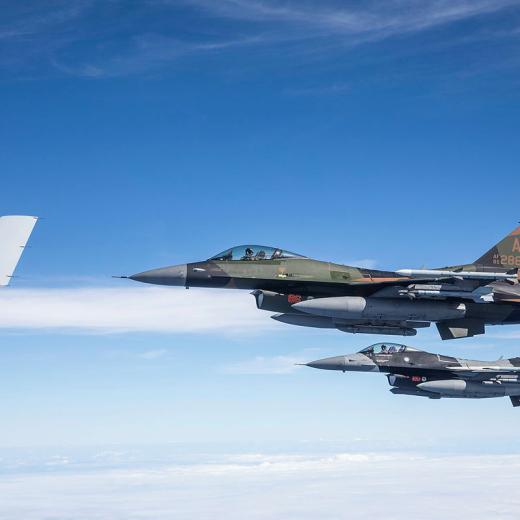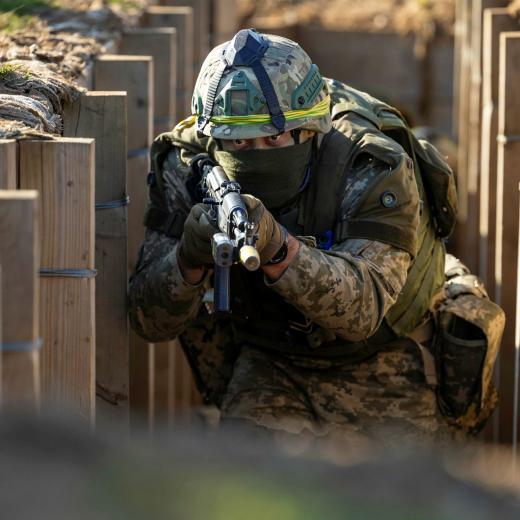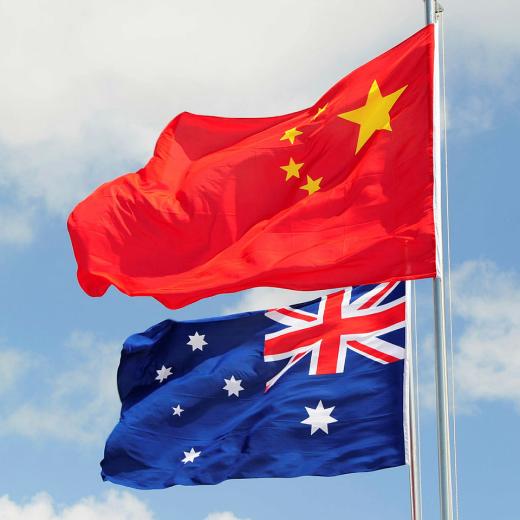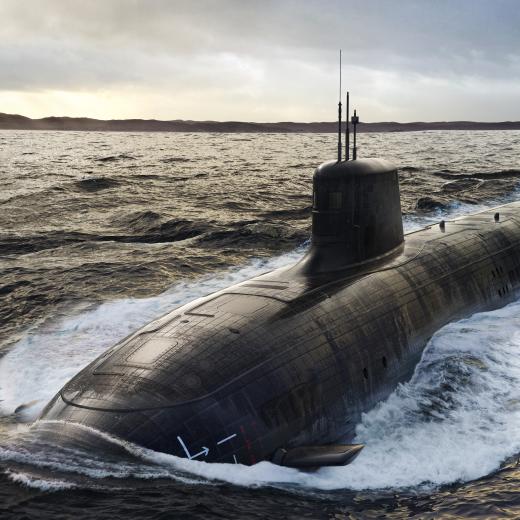BLUF
Australia needs to emphasise to the US that ANZAC security interests in the South-West Pacific are best achieved by making the most of each member’s military and non-military experience and expertise.Summary
ANZAC partners Australia, New Zealand and the U.S. share similar strategic objectives in the SW Pacific. However, although this is Australia's sphere of responsibility, the U.S. is now taking a more hands-on approach. Instead of deputising its interests to Australia and New Zealand, the U.S. clarifies how it sees its responsibilities: Engagement in the Pacific Islands: 2020 Pacific Pledge. The ANZAC relationship with the U.S. also affects Australia's Pacific policies. Australia needs to clarify that an alliance contribution is more than just military support. Economic, social and environmental support is just as important in our relationships with Pacific Islands. This 'soft power' includes:
- Regional knowledge and expertise.
- Economic development.
- Humanitarian assistance.
- Disaster relief.
- Counterterrorism.
- Anti-piracy.
- Peacekeeping.
- Support in multilateral institutions.
- Grey zone operations.
This soft power is complemented by the ADF's current regional focus, including:
- SASR supporting the Pacific Islands, including Papua New Guinea's Long Range Reconnaissance Unit (LRRU)
- Achieving a Status of Forces Agreement with Fiji allowing military exercises in each other's jurisdiction.
References
- Aug 2020 the National Bureau of Asian Research Developing a Comprehensive U.S. Policy for the Pacific Islands
- Oct 2020 the Strategist How the US can build cooperation in the Pacific
- Apr 2021 International Journal of Operations Management The Role and Importance of Australia in the South Pacific Region
RAAF RUNWAY: RATIONALE, GUIDELINES, LEARNING OUTCOMES, ETC |





